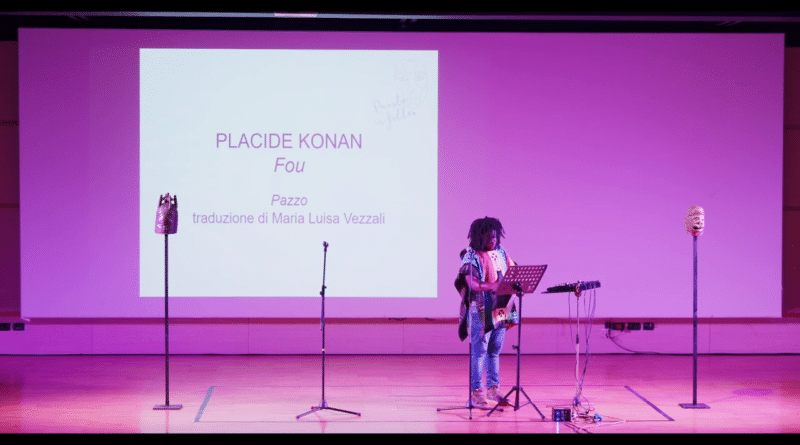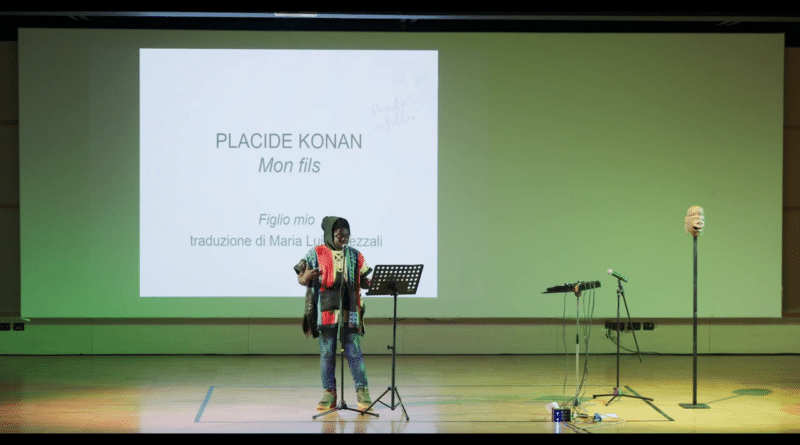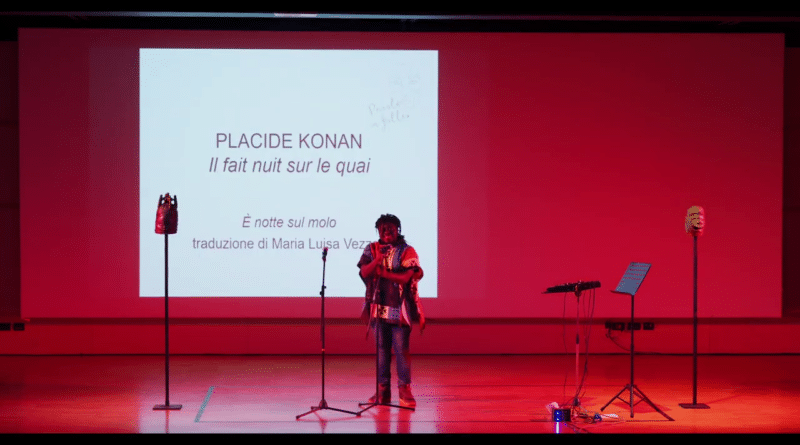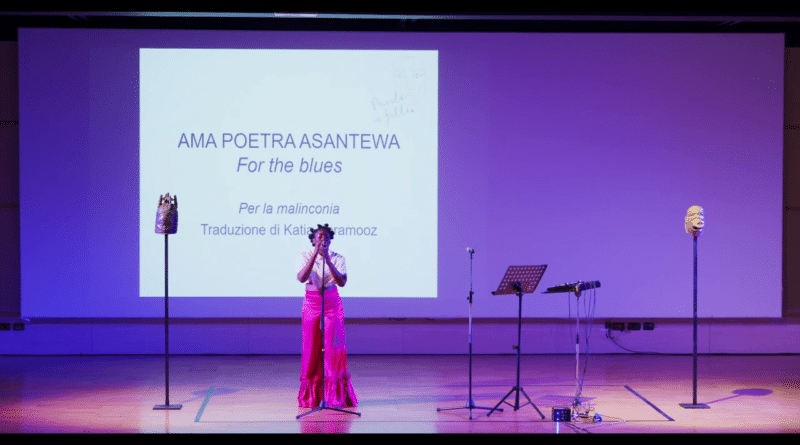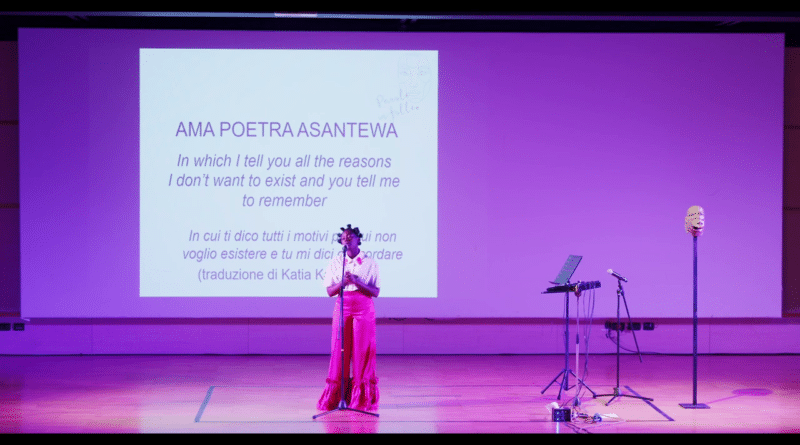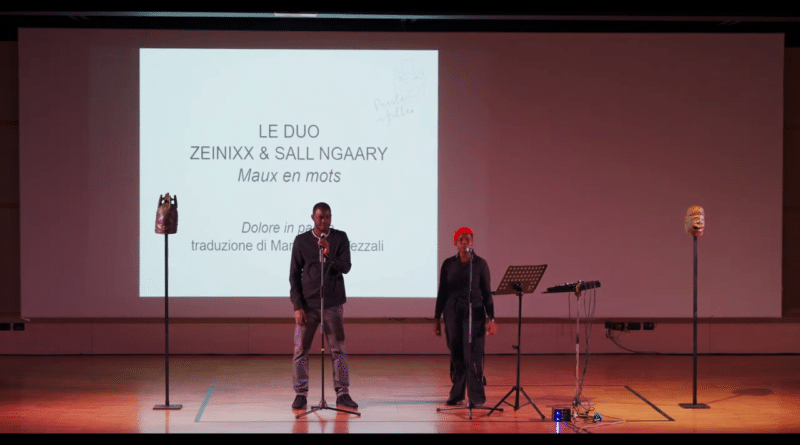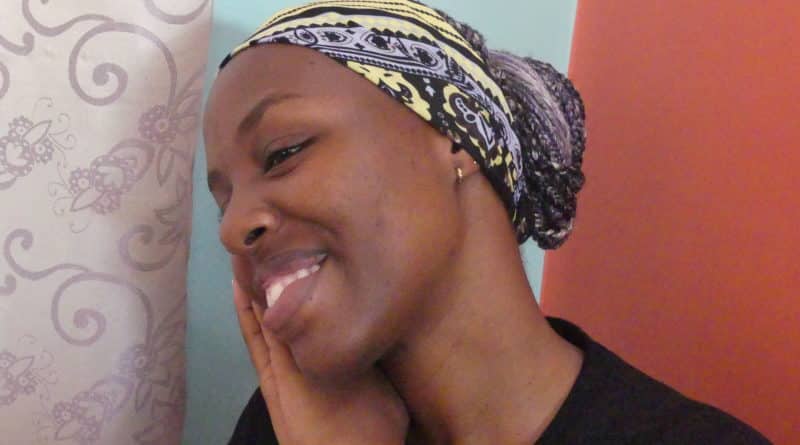“Fou”, quand la société te fait perdre la raison
“Prête-moi tes dents, je veux sourire comme toi. Prête-moi tes lunettes, je veux voir comme toi. Ou tout simplement, prêtez-moi une corde pour que je puisse combattre cette maladie en me suicidant”. Être comme les autres ou ne pas être du tout, tel est l’impasse du dilemme du “Fou” protagoniste de cet ouvrage inédit de Placide Konan. Il n’y a pas de juste milieu entre les deux extrêmes, il n’y a pas de remède, il n’y a pas de guérison dans une société qui considère la détresse mentale comme une exception à ignorer au lieu d’une variante à accueillir et à aider.
Leggi di più
